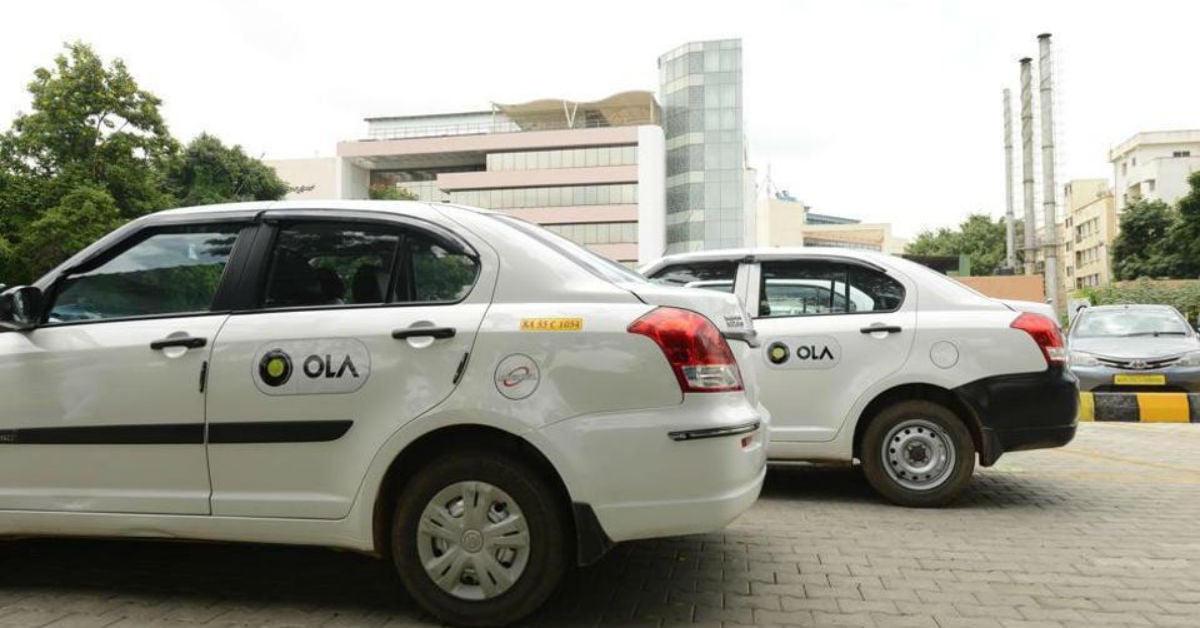SUMMARY
Over the last few weeks, Ola has introduced the subscription model for its auto-rickshaw drivers across key markets such as Delhi-NCR, Mumbai, Bengaluru, and Hyderabad
Uber has initiated a similar programme in six cities, commencing with Chennai, Kochi, and Visakhapatnam
Traditionally, Ola and Uber have operated on a commission-based revenue model, retaining a portion of the fare for each ride as a commission or booking fee and transferring the remainder to driver partners
Ride-hailing giants Ola and Uber have reportedly adopted a strategy similar to that of their competitors Namma Yatri and Rapido by offering subscription-based plans for auto-rickshaw drivers on their platforms instead of charging a booking fee or commission on every transaction.
As per ET’s report, over the last few weeks, Ola has introduced the subscription model for its auto-rickshaw drivers across key markets such as Delhi-NCR, Mumbai, Bengaluru and Hyderabad. Meanwhile, Uber has initiated a similar programme in six cities, commencing with Chennai, Kochi and Visakhapatnam.
Ola declined to comment.
The decision to introduce subscription-based plans, where platforms levy a fixed daily or weekly fee to driver partners for an unlimited number of rides, could potentially enable Ola and Uber to circumvent the 5% goods and services tax (GST) imposed on auto-rickshaw rides facilitated through their platforms, the report said, citing sources familiar with the matter.
However, the report added that tax experts have raised concerns regarding potential disputes between operators and tax authorities due to the lack of clarity on whether a September 2023 advance tax ruling, which exempted Namma Yatri from collecting and paying GST, would also extend to other platforms.
The 5% GST is applicable under Section 9(5) of the Central GST Act, which requires ecommerce operators such as ride-hailing platforms, food-delivery companies and online retail marketplaces to collect and remit tax on behalf of the service providers listed on their apps. This includes drivers, restaurants and e-marketplace sellers.
Traditionally, Ola and Uber have operated on a commission-based revenue model, retaining a portion of the fare for each ride as a commission or booking fee and transferring the remainder to driver partners.
With the subscription model, ride-hailing platforms charge driver partners a daily or weekly fee for visibility to customers seeking rides. Two notable distinctions in this new model are that Ola and Uber do not facilitate online payments, and they do not establish the pricing for these rides.
This model is positioned as a software-as-a-service (SaaS) product that is being provided to the driver partners.
The development comes at a time when IPO-bound Ola Electric has reportedly finalised its plans to launch its electric autorickshaw, likely to be named Raahi, directly targeted at consumers.
Meanwhile, ANI Technologies Pvt Ltd, the parent entity of cab-hailing startup Ola, managed to cut down its consolidated net loss by 49.2% to INR 772.2 Cr in the financial year ended March 31, 2023 from INR 1,522.3 Cr in FY22.
On the other hand, Uber’s India arm saw its net loss widen over 58% to INR 311.3 Cr in the financial year 2022-23 (FY23) from INR 196.7 Cr in the previous fiscal, hurt by the rising expenses.
Disclaimer
We strive to uphold the highest ethical standards in all of our reporting and coverage. We StartupNews.fyi want to be transparent with our readers about any potential conflicts of interest that may arise in our work. It’s possible that some of the investors we feature may have connections to other businesses, including competitors or companies we write about. However, we want to assure our readers that this will not have any impact on the integrity or impartiality of our reporting. We are committed to delivering accurate, unbiased news and information to our audience, and we will continue to uphold our ethics and principles in all of our work. Thank you for your trust and support.



![[CITYPNG.COM]White Google Play PlayStore Logo – 1500×1500](https://startupnews.fyi/wp-content/uploads/2025/08/CITYPNG.COMWhite-Google-Play-PlayStore-Logo-1500x1500-1-630x630.png)